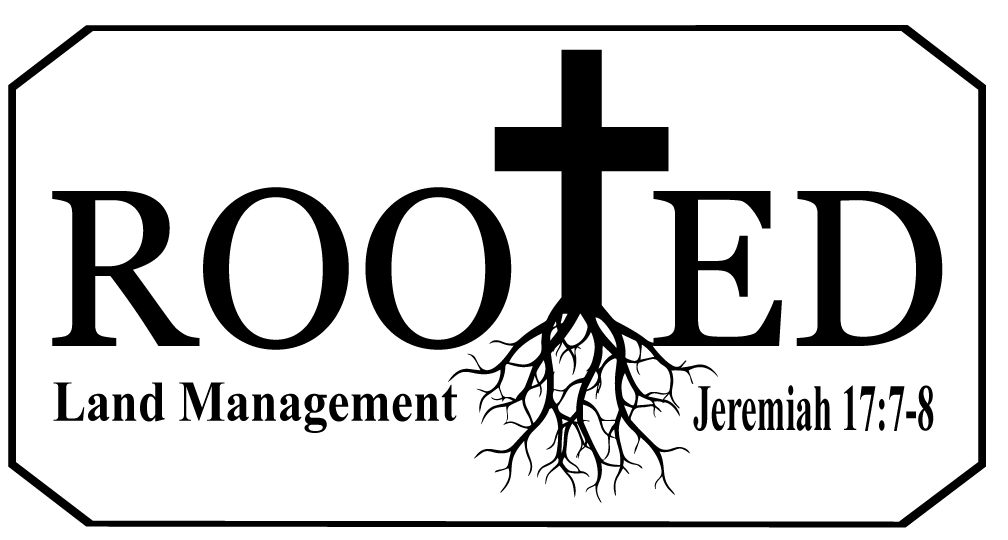Smart Stewardship: Why Contracted Land Management May Be theBetter Choice for Your Recreational Property
Managing a recreational hunting property is no small task. Whether you own 100 acres or 1,000, developing habitat, maintaining access, installing food plots, controlling invasives, and enhancing wildlife potential require consistent time, labor, and expertise. Many landowners face a common decision: Do you hire a full-time caregiver or resident land manager, or contract a land management professional to work on a defined scope of work?
While both options have their place, more landowners are finding that contracted land managers working from a scope-of-work agreement offer better value, flexibility, and results. Here’s why this model may be the smart, strategic choice for your property.
- Expertise on Demand
Contracted land managers typically bring specialized training and certifications in wildlife biology, forestry, equipment operation, and habitat development. Unlike a general caretaker who may excel in upkeep but lack management depth, a contracted professional:
- Has experience with diverse property types and goals
- Brings proven systems and best practices
- Is focused on outcomes, not just routine maintenance
Benefit: You get targeted expertise when and where it’s needed, without paying year-round for skills that aren’t always in use.
- Clear Goals and Accountability
A scope-of-work contract outlines clear objectives, timelines, and deliverables. This gives landowners confidence in what’s being done and how success is measured. Tasks can include:
- Seasonal food plot installation and maintenance
- Controlled burning plans
- Access trail creation
- Timber stand improvement
- Soil sampling and planting schedules
Benefit: You get a results-driven approach, with each project aligned with your property goals—whether that’s trophy whitetails, upland bird habitat, or long-term timber value.
- Cost Efficiency and Flexibility
A full-time or live-in manager may cost tens of thousands of dollars annually in salary, benefits, housing, and oversight. In contrast, a contracted manager is paid per project or per visit, making budgeting and planning far more predictable.
Benefit:
- Lower overhead and no long-term employment commitment
- Pay only for services performed, when you need them
- Easier to scale up or down depending on the season or budget
- Reduced Liability and Administrative Burden
Hiring an employee comes with responsibilities: payroll taxes, workers’ comp, insurance, scheduling, and HR compliance. A contractor, however, operates independently, handles their own insurance and equipment, and assumes risk for job execution.
Benefit: You avoid employment headaches and legal liability, while still receiving high-quality work.
- Objective Oversight and Reporting
Contracted land managers typically provide:
- Written reports after each visit or project
- Photos, GPS mapping, or progress logs
- Strategic planning for next steps
This level of documentation is often absent in informal caretaker arrangements, where expectations can be vague and progress hard to track.
Benefit: Better communication, measurable outcomes, and a more professional standard of care for your investment.
- Professional Equipment and Resources
Most contracted land managers arrive equipped with:
- Tractors, implements, and ATVs
- Sprayers, seeders, and chainsaws
- Wildlife monitoring tools, software, and mapping apps
In contrast, full-time onsite caregivers may rely on landowner- provided equipment or have limited access to specialized tools.
Benefit: You gain access to high-quality gear and technology without making a major capital investment yourself.
When a Resident Caretaker Might Still Be the Right Choice
While a contracted manager offers major advantages, there are situations where an onsite manager or caregiver may still be appropriate:
- Full-time residential presence is needed for security, guest services, or livestock
- The property is large enough to justify year-round work (e.g., thousands of acres)
- You need someone to handle daily upkeep, lodge care, or guest hosting duties in addition to habitat work
Even in these cases, many owners use a hybrid approach—a resident caretaker for day-to-day oversight, and a contracted manager for specialized land and wildlife services.
Conclusion: Pay for Progress, Not Presence
In today’s land management world, the most efficient and effective results come from working with contracted professionals who bring the tools, training, and focus to execute your vision—without the ongoing cost and complexity of traditional employment.
By using a scope-of-work agreement, you ensure accountability, track progress, and maintain full control over your property goals. It’s a modern, strategic solution for landowners who want to get the most out of every acre—without getting bogged down in logistics.
If you are interested in talking about how you can work with a contracted land manager, give Rooted Land Management a call at 256-684-1645 or email them at info@rootedlandmgt.com
Brady Willcutt
Owner
Rooted Land Management
